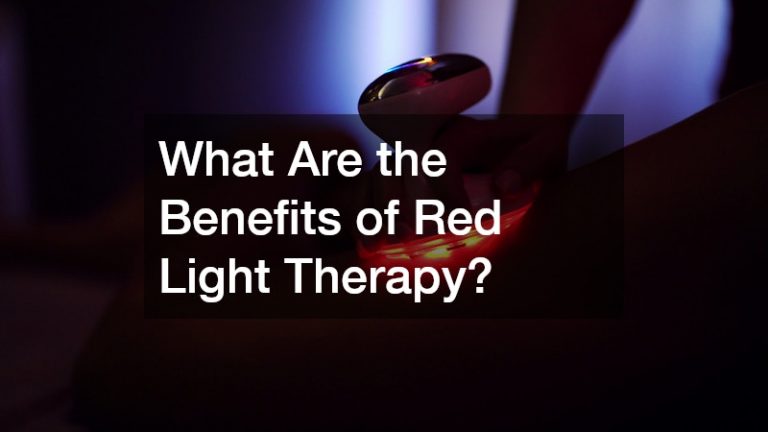Acne scars are a common problem for people of all ages. If you’re struggling with them, remember that you’re not alone—acne is the most common skin condition in the United States. This skin condition can cause pimples, blackheads, and whiteheads. When these blemishes become inflamed, they can leave behind scars.
There are many ways to treat acne scars, and while there’s no one-size-fits-all solution for dealing with them, several effective treatments are available. This article share with you some expert tips that will help fade away your scars and give you back confidence. Keep reading to learn more!
What are acne scars, and what causes them?
Acne scars are areas of skin that have been left damaged after acne has healed. This results in scar tissue forming, which appears as atrophic or hypertrophic marks on the skin’s surface. Acne scars usually form due to inflammatory responses to bacteria entering the skin. When pores become clogged and filled with bacteria, this causes inflammation of the surrounding tissue, leading to scarring.
In some cases, these scars can also be caused by improper treatment and overly aggressive picking or squeezing acne lesions, thereby damaging underlying tissues. With proper care and dermatological treatments, it is possible to minimize these blemishes and improve the appearance of your skin.
Home remedies for acne scars
Acne scars can be a major source of insecurity – but you don’t have to turn to expensive treatments or products to improve the appearance of your skin. Home remedies like cucumber, aloe vera, and tea tree oil can be beneficial for reducing inflammation, healing breakouts, and fading the look of scarring.
Cucumber is a natural astringent that helps draw out irritants from the skin and reduce swelling. Aloe vera helps boost collagen production, which aids in fading acne scars. Tea tree oil has antiseptic properties that help fight bacteria and reduce inflammation associated with acne. These home remedies have few side effects and should be considered before turning to aesthetic treatments for acne scar removal.
Medical treatments for acne scars

Acne scars can be challenging to treat, but the latest advances in medical technology provide promising results. Fractional lasers are one of the most effective treatment methods and work by using heat to stimulate collagen production in the scarred area. Chemical peels involve applying a chemical agent to create a controlled injury that removes old tissue and encourages new growth.
Other treatments for deeper scars include professional micro-needling, which involves pricking the skin with tiny needles to activate the healing process. You also have dermabrasion, which uses a scrubbing device to sand away layers of skin. Finally, there’s Total FX, a combination of fractional laser and deep chemical peeling in one session. While there is no universal cure for acne scars, these treatments have been proven to significantly improve people’s skin quality and make acne scars much less visible.
When choosing the proper medical treatment for acne scars, the first step is determining what type of scarring you have. Atrophic scars are depressed marks on the skin and are often caused by reduced collagen production. scars are raised marks on the skin caused by excessive collagen production during healing. Knowing which type of scar you have will help you determine which treatment is proper. Consulting with a dermatologist is highly Hypertrophicrecommended to ensure the best outcome and safe use of any medical treatments.
How to prevent future breakouts and scarring
Proper skin care is essential to preventing future breakouts and scarring. Begin by ensuring your face is cleansed daily with a gentle, non-abrasive cleanser or medicated soap to remove excess oils and dirt. It would be best to use a non-alcoholic toner to exfoliate the skin after cleansing gently.
Additionally, sun protection on your face daily can help reduce future scarring. Utilizing moisturizers will help keep skin hydrated and can reduce redness associated with acne. Lastly, developing a consistent skincare routine is essential as this will benefit both current breakouts and prevent any scars from forming in the future.
Moreover, lifestyle changes are also important when it comes to fading away acne scars. Eating a healthy diet rich in antioxidants such as fruits and vegetables can reduce inflammation and help reduce the appearance of acne scars. Additionally, reducing stress and getting enough sleep can also boost skin health. Taking a break from smoking or any other unhealthy habits will further benefit your skin.
Acne scars can be difficult to deal with, both emotionally and physically. So talk to your doctor or dermatologist about which option might be best for you. In the meantime, try using some of the remedies listed above to help reduce the appearance of your scars. With patience and care, you can feel better about your skin and yourself again.






